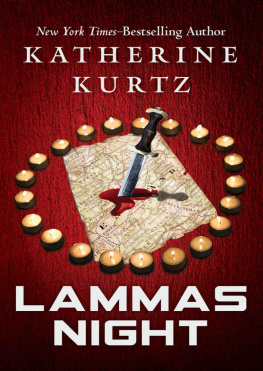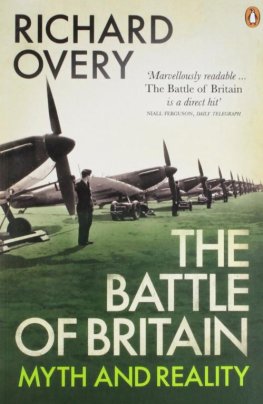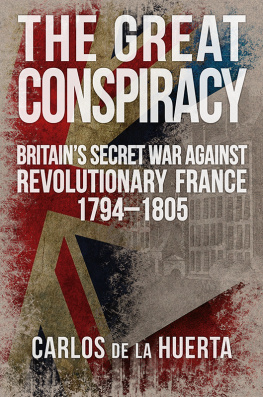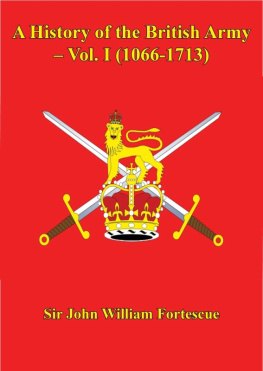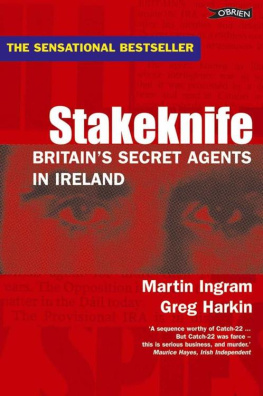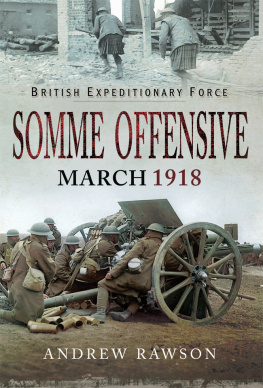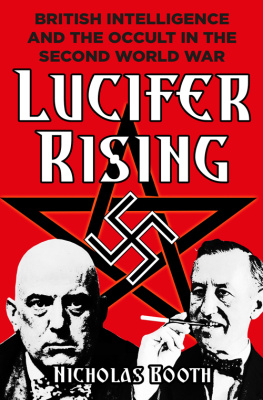
EARLY BIRD BOOKS
FRESH EBOOK DEALS, DELIVERED DAILY
LOVE TO READ ?
LOVE GREAT SALES ?
GET FANTASTIC DEALS ON BESTSELLING EBOOKS
DELIVERED TO YOUR INBOX EVERY DAY!

Lammas Night
Katherine Kurtz

F OR
D OREEN V ALIENTE
AND
M ARGARET M URRAY ,
AND ALSO FOR ALL THE AIR CREWS OF THE R OYAL A IR F ORCE ,
C OASTAL C OMMAND , AND F LEET A IR A RM B RANCH
WHO GAVE THEIR LIVES IN THE DEFENSE OF B RITAIN ,
ESPECIALLY THE CREW OF DQ-M (W3990).
N EVER IN THE FIELD OF HUMAN CONFLICT
WAS SO MUCH OWED BY SO MANY TO SO FEW .
P ROLOGUE
It is a matter of historical record that Adolf Hitler had more than a passing interest in astrology and the occult, and apparently based many of his decisions of the Second World War on what the stars told him. We know that the timing for many of his major offensivesthe invasion of Poland, his march into the Rhine, the annexation of Austria, the rape of Czechoslovakiaall coincided with periods when his stars were in ascendancy. Nor was he the only high-ranking official of the Third Reich to keep one or more full-time astrologers on his staff.
But there is other tradition, less well known, that suggests that occult factors may also explain why Hitler never carried out his threatened invasion of Britain, though he was poised to do so for many months. It is said by some that the witches of Englandwhose ancestors claimed to have caused the storm that destroyed the Spanish Armadajoined forces and raised a cone of power to break Hitlers nerve and keep him from even trying to cross the English Channel. We will never know for certain whether this or any of the other measures suggested in this story had any effectonly that, indeed, Hitler never came.
This is how it might have happened.
C HAPTER 1
Oakwood Manor, 2030 hours, 28 May 1940
The elderly man in the uniform of long-ago wars would have been at home in any elite London club. He was equally at home in the Earl of Selwyns library, placidly smoking an expensive pipe as he lounged on the arm of an overstuffed chair. The rows of medals on his chest and the brigadiers insignia at each shoulder reflected gold off the cheery flames in the Tudor fireplace across the room. The firelight was the rooms only source of illumination.
Only the mans hands betrayed his restlessness, stroking the smooth burl of the pipes bowl with a thumb and fiddling with it distractedly every time it went out. The hands told the storyand the jaws, clenching and unclenching on the pipe stem and sometimes even chewing, setting the steel-grey mustaches trembling. The crackle of the fire and the drum of rain beyond the curtained French doors, soothing under most circumstances, did nothing to ease the visible tension in the room.
Nor was Brigadier Ellis its sole contributor, though his three companions revealed their nervousness in different ways. Beside him, in the overstuffed chair whose arm he had claimed off and on for the past hour, his granddaughter Audrey sat with eyes closed and head leaned languidly in the angle of one of the chairs wings, apparently at easeuntil one noticed the stockinged toe tapping almost imperceptibly against the carpet. Though she, too, wore a uniform, dark blue instead of brown, she had shaken loose her long auburn hair when she came in from duty at nearby Hawkinge. From time to time, the brigadier leaned across to stroke her hair in reassurance, but the tapping of the toe would only pause, to resume almost immediately when he withdrew.
Far more difficult to read was the countess, settled demurely in a Chippendale chair a few yards across from them, her back to the fire. Before the Great War, when she and Audreys mother were schoolgirls together, the Honourable Alexandra Deville had been a great beauty. Her wartime marriage to the dashing Viscount Jordan, heir of Selwyn, had been a profound love match as well as the social event of a war-lean season. Two sons and a quarter century later, she had not lost the ability to turn heads when she walked into a room.
Tonight, however, even Alix was showing the strain. Working at a knitting project, she looked almost matronly in her sensible Welsh tweeds, dark blonde hair tucked into a neat roll at the nape of her neck and rimless reading glasses perched precariously on her nose. The stiff, oiled wool had already shaped itself into a pair of sleeves as the result of the nights work; the rest of the garment formed a pool of navy blue on the edge of the Persian carpet at her feet. In the center of that carpet lay the fourth of their number, Sir John Cathal Graham.
He lay on his back, nearer the large chair than the countesss, apparently asleep. The pale face was handsome in a ruggedly Celtic waythe closed eyelids slanted at the corners, the jaw slightly pointed and shadowed with a days stubble of beard. The hands lay motionless along his sides. He appeared far younger than his forty-two years, for the dark hair was untouched by grey; the body, lean and hard.
He wore a black polo sweater that came close around his neck and made his face seem oddly disjointed in the semi-darkness, with loose-fitting trousers of a nondescript khaki drill that had become all too familiar since the war. Something in the very line of his body, even in repose, conjured up images of finely tempered steel, innocuous and even forgettable while safely sheathed but potentially deadly.
The minutes passed. Only the crackle of the fire, Grahams shallow breathing, and the occasional chomp of the brigadiers teeth on pipe stem intruded on the steady lull of the rain. When the countess glanced up from her knitting over the top of her little glasses, the brigadier raised one eyebrow in question. Alix shook her head.
Nothing yet, she murmured.
With a sigh, the brigadier sucked at his pipe and frowned, then began worrying at the tobacco with a pipe tool.
Bloody inefficient navy! he muttered under his breath.
The man on the floor slept on, oblivious.
Dunkirk, Malo-les-Bains, 2045 hours, 28 May 1940
His true name was Michael Jordan, but for this mission they had given him the code name Leo. He thought it ironic from the start. The legendary courage of the beast was the farthest thing from his mind as another shell screamed in close over his head and he dove for cover.
Around him, others were hitting the wet sand and tumbling into trenches even as the explosion rocked the beach. Unspeakable debris rained down on and all around him, but the concussion mercifully dulled his perception of the cries of the newly wounded, at least for a few seconds. As his ears recovered and he slowly raised his head, he began to hear their agonized screams and moansat least the ones who still could cry out.
He screwed his eyes tightly shut and shivered in the rain, remembering men less randomly slainhad it been only yesterday?
He had worn a German uniform then. He had stripped it off a dead body, the same way he had gotten the British battle-dress he wore now. He had come upon the scene of calculated carnage as the perpetrators were pulling out. They were seasoned troops of the SS Totenkopf Division, with Deaths heads on their collars and murder in their handsmen whom even the German army detested and feared. The chatter of their machine guns echoed off the shell of the burned-out farmstead, punctuated by the occasional sharp report of an officers pistol, long after the white flag of surrender fluttered out of sight behind a half-demolished wall.
Next page
